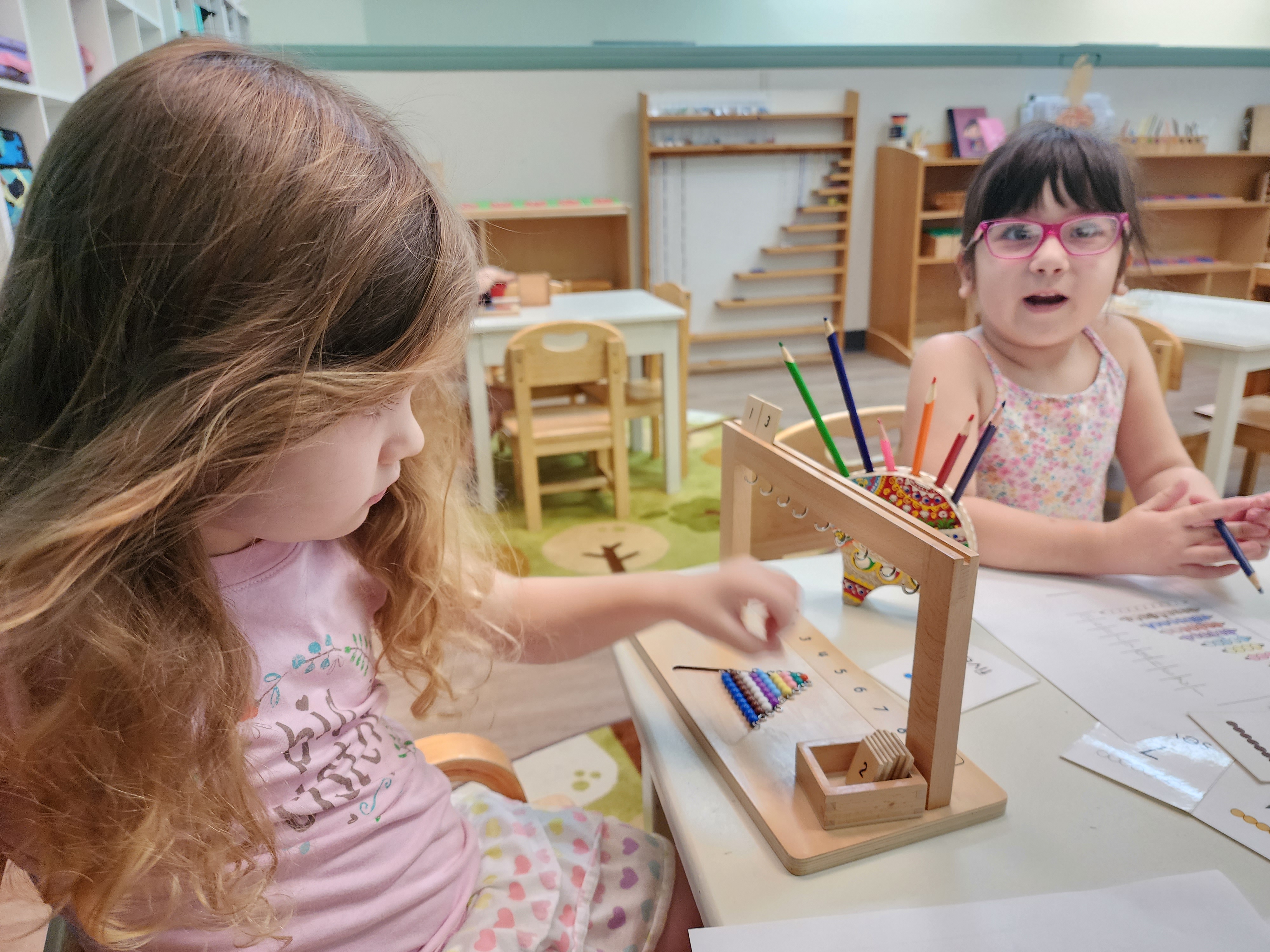- March 1, 2024
Nurturing Young Minds: Exploring the Montessori Mandarin Approach

The Montessori Mandarin Approach is a unique and effective method of educating young children in both the Montessori philosophy and Mandarin language. This innovative approach combines the principles of the Montessori method with the teaching of Mandarin, providing children with a rich and diverse educational experience. By nurturing young minds through this approach, children are exposed to a new language and culture while also developing important skills such as concentration, independence, and self-discipline.
One of the key components of the Montessori Mandarin Approach is the emphasis on hands-on learning and experiential education. Children are encouraged to explore and manipulate materials in a prepared environment, allowing them to engage with the language and concepts in a meaningful way. This hands-on approach not only makes learning more enjoyable for children but also helps to cement their understanding of the language and its nuances.
Another important aspect of the Montessori Mandarin Approach is the focus on individualized learning. In a Montessori classroom, children are encouraged to work at their own pace and pursue their own interests. This approach is particularly effective when it comes to learning a new language, as children can progress at a speed that is comfortable for them and focus on areas that they find most interesting. By tailoring the learning experience to each child’s unique needs and abilities, the Montessori Mandarin Approach ensures that every child has the opportunity to thrive and succeed.
In addition to language skills, the Montessori Mandarin Approach also helps children develop important cognitive skills. Studies have shown that learning a second language at a young age can have a positive impact on cognitive development, including increased creativity, problem-solving abilities, and critical thinking skills. By immersing children in the Mandarin language from a young age, the Montessori Mandarin Approach helps to stimulate their brains and enhance their overall cognitive development.
Furthermore, the Montessori Mandarin Approach fosters a sense of cultural awareness and appreciation in young children. By learning Mandarin, children are exposed to a rich and diverse culture that is different from their own. This exposure helps children develop a sense of empathy and understanding towards people from different backgrounds, laying the foundation for them to become global citizens who are open-minded and accepting of diversity.
When it comes to language acquisition, starting at a young age is key. Children’s brains are highly adaptable and receptive to new language learning during their early years, making it the perfect time to introduce them to a second language like Mandarin. By incorporating Mandarin into the Montessori curriculum, children are given the opportunity to develop strong language skills in both their native language and Mandarin, setting them up for success academically and professionally in the future.
Overall, the Montessori Mandarin Approach is a holistic and well-rounded educational method that nurtures young minds in a way that goes beyond traditional teaching methods. By combining the principles of the Montessori philosophy with the teaching of Mandarin, children are provided with a unique and enriching learning experience that enhances their cognitive, linguistic, and cultural development. Through this approach, children are not only learning a new language but also gaining valuable life skills that will benefit them for years to come. The Montessori Mandarin Approach truly exemplifies the power of nurturing young minds and setting them on a path towards academic excellence and personal growth.